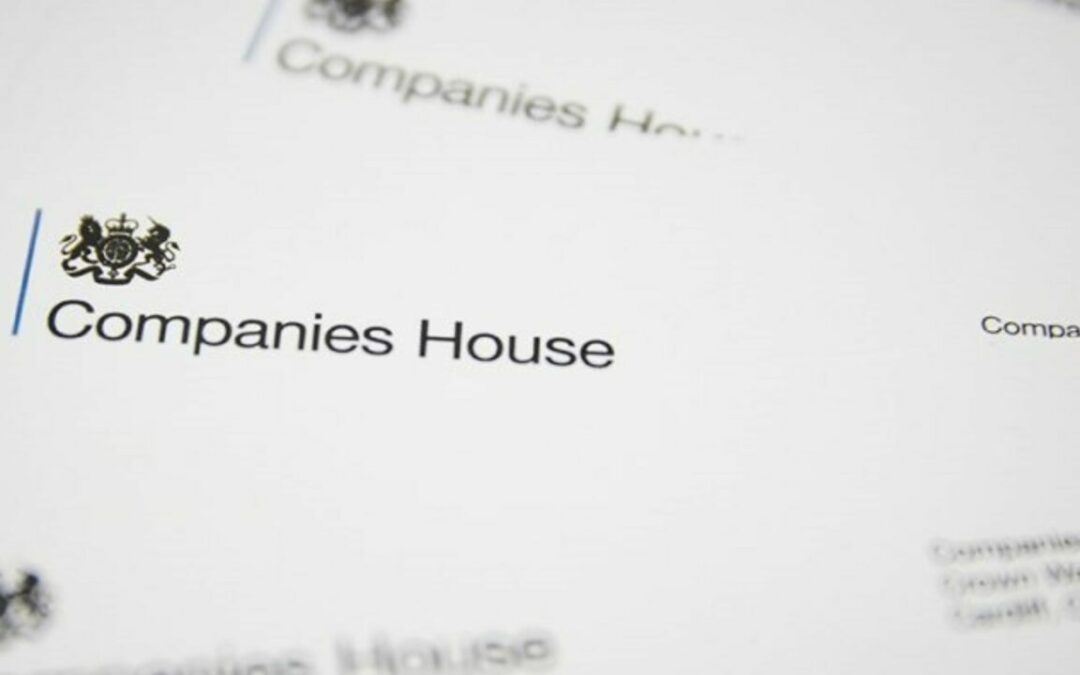Starting a new business comes with its challenges, from setting pricing strategies to marketing your services. Establishing a solid bookkeeping routine can be among these challenges and so should be a top priority. But what is bookkeeping, and how does it differ from accounting?
Understanding Bookkeeping
Bookkeeping involves recording all financial transactions, such as sales, purchases, receipts, and payments—anything that tracks your business’s daily financial activities. Accounting contrary uses these records to assess your business’s financial health, generate statements, and guide strategic decisions.
Both bookkeeping and accounting are vital for your business’s success, each playing a unique role in ensuring compliance and operational efficiency.
Key Bookkeeping Activities
Bookkeeping for small businesses typically focuses on three main tasks:
- Managing Expenses: Handle outgoing payments for essential services like rent and utilities, ensuring each transaction is accurately recorded.
- Collecting Payments: Keep track of incoming payments by issuing invoices and ensuring customers pay on time.
- Tax Compliance: Calculate and remit the appropriate taxes, claim business expenses to reduce liabilities, and adhere to tax regulations.
For businesses with employees, bookkeeping may also include payroll processing.
Setting Up a Bookkeeping System
To set up an effective bookkeeping system, you must first choose an accounting method:
- Accrual Accounting: Records income and expenses when a sale occurs or an invoice is issued, offering a comprehensive financial overview. Preferable for larger businesses.
- Cash Accounting: Records transactions only when cash changes hands. This simpler method is effective for smaller operations.
Which Method Is Right for You?
As of April 2024, cash basis accounting is the default for sole traders and partnerships with an annual turnover of £150,000 or less. If you have multiple ventures, all must adhere to this unless their combined turnover exceeds £150,000. If you prefer simplicity, cash accounting may be the way to go; however, larger businesses or those extending credit may benefit more from accrual accounting.
Essential Bookkeeping Records
Regardless of the accounting method you choose, maintain these key records:
- Cashbook: Logs all cash transactions to provide an overview of cash flow.
- Sales Ledger: Tracks all sales, helping you manage accounts receivable and follow up on outstanding invoices.
- Purchase Ledger: Documents business expenditures, ensuring timely payments to vendors and maintaining healthy cash flow.
How Whittaker & Co Can Help
Whittaker & Co., offers accounting and bookkeeping services tailored for small businesses, providing a comprehensive solution beyond what an individual bookkeeper can offer. Our packages allow you to customise the services you need without hiring full-time staff.
By partnering with us, you can ensure compliance with the latest tax regulations while focusing on what you do best—running your business. Our qualified team is dedicated to supporting your growth and success.
Get in touch with us today to discover how we can help you achieve your business goals!
Visit our News Hub for the latest – News – Whittaker & Co (whittakerandco.com)
info@whittakerandco.com
+44 (0) 1686 610662






